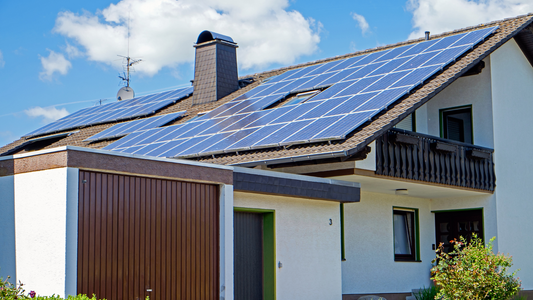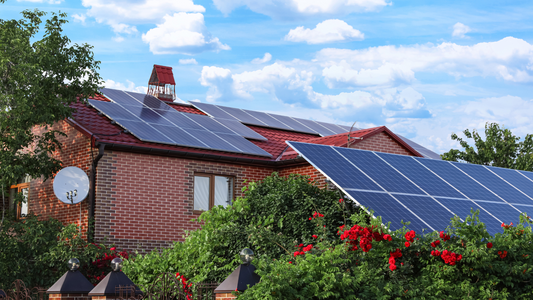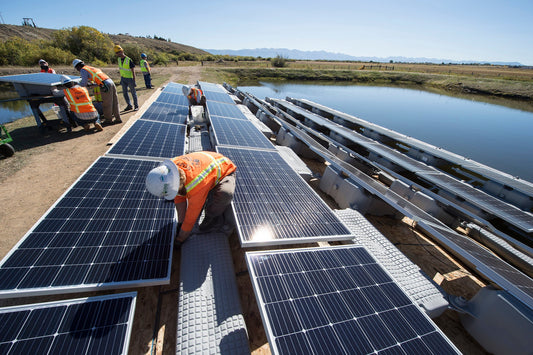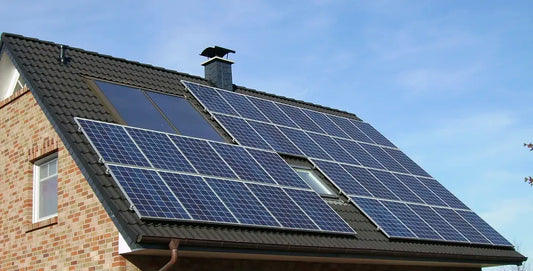
How do weather conditions affect the performance of photovoltaic systems?
The efficiency of photovoltaic systems depends heavily on weather conditions. While many believe that only sunny days allow for optimal electricity production, there are many factors that can influence the performance of PV systems. In this blog, we explore how different weather conditions—from sunshine to rain to snow—affect the performance of solar systems.
1. Sunny days – optimal conditions for solar modules
It's no secret that sunny days offer the best conditions for photovoltaic systems. The more sunlight hits the modules, the more electricity is generated. PV systems reach their peak performance especially during the summer months, as sunlight intensity and day length are at their highest.
2. Cloudy days – less sun, but still electricity
Even on cloudy days, photovoltaic systems generate electricity, albeit in reduced quantities. Modern solar modules are designed to generate electricity even in diffuse light, i.e., indirect sunlight. Typically, PV systems can reach about 10 to 30% of their maximum capacity on cloudy days.
3. Rain and dirt – cleaning the modules
Rain has the advantage of naturally cleaning solar modules and washing away dirt particles from their surfaces, increasing efficiency. In areas with high levels of air pollution or dust, contaminants can accumulate and impair power production. Regular rainfall helps keep the modules clean, thus ensuring consistent performance.
4. Winter and snow – a potential obstacle
Snow can temporarily limit power generation if it accumulates on solar panels and blocks sunlight. However, once the snow slides off the panels or melts, they can operate at full capacity again. Snow also reflects sunlight, which can actually increase panel efficiency on clear winter days.
Conclusion
Weather conditions play a significant role in the performance of photovoltaic systems. While sunny days produce the best results, cloudy days and rain are not a complete obstacle to electricity production. With the right modules and a well-thought-out design, a PV system can operate efficiently year-round, even under less than ideal conditions.




